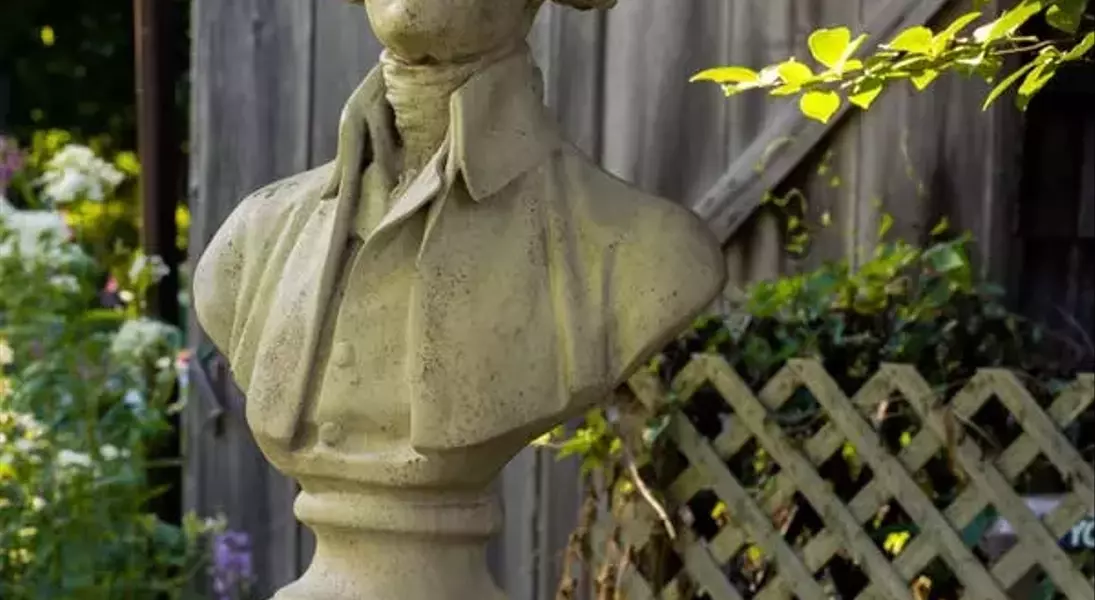
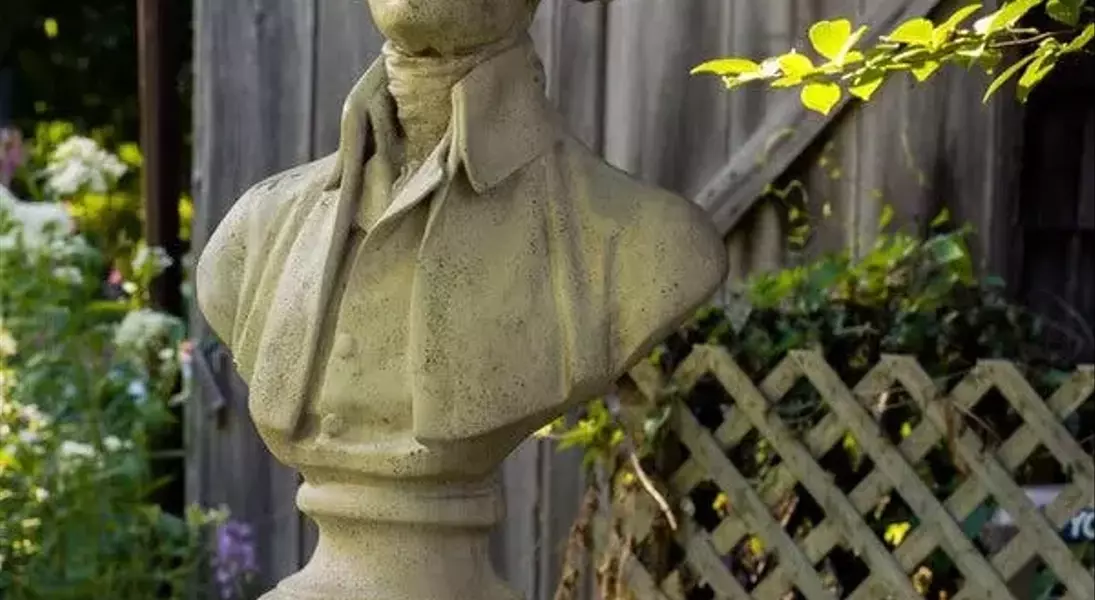
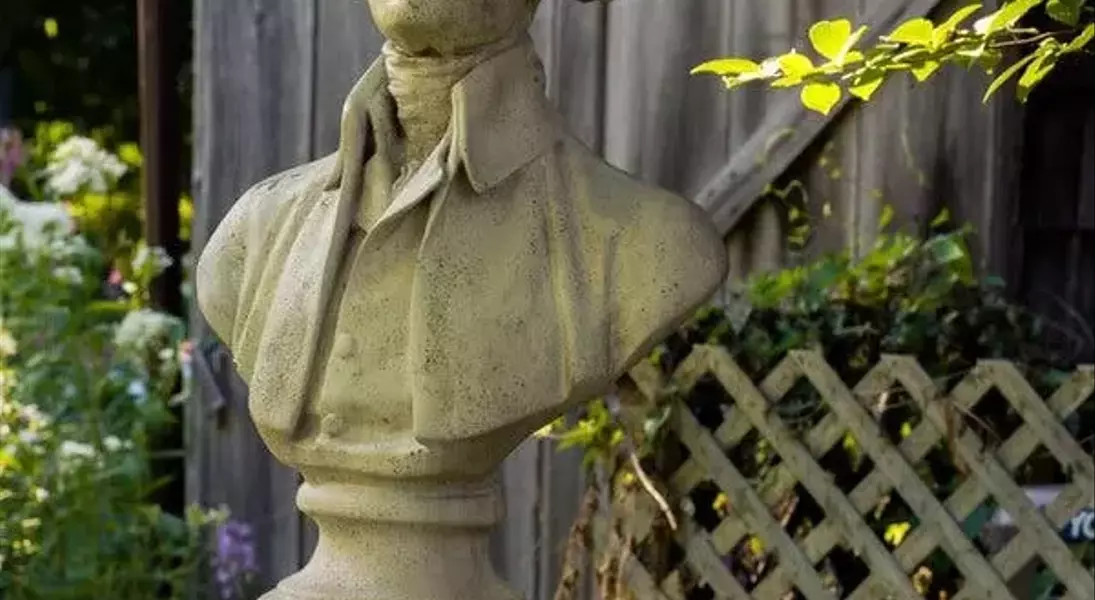
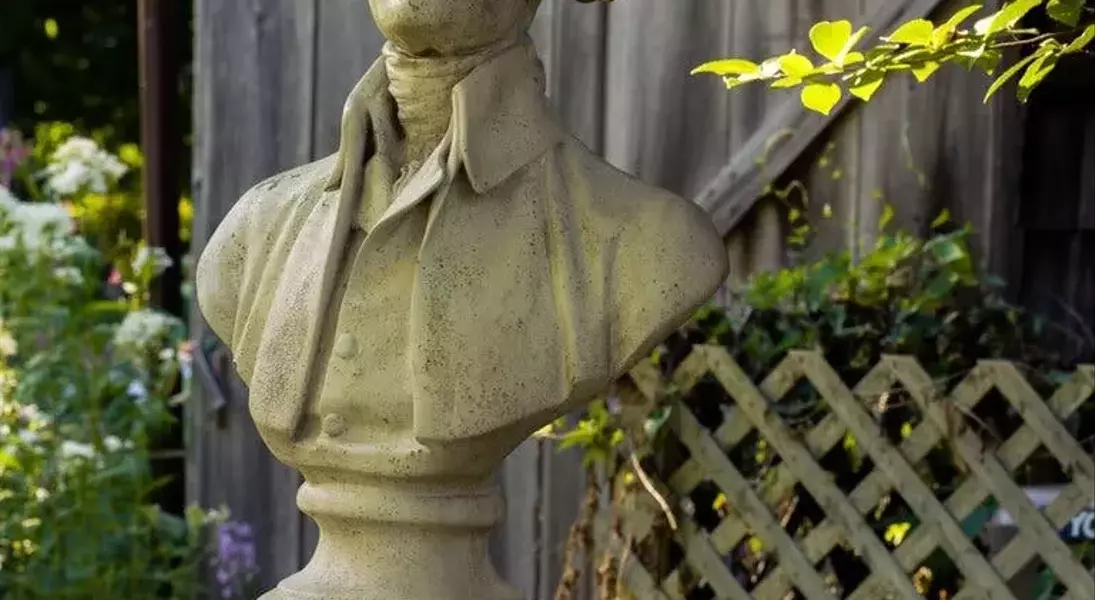
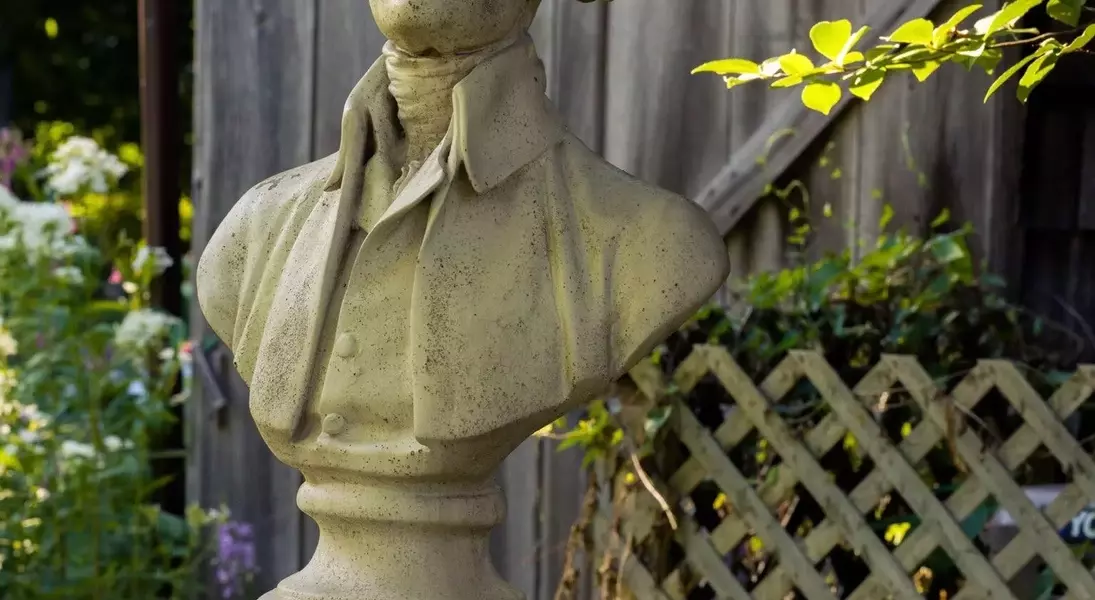
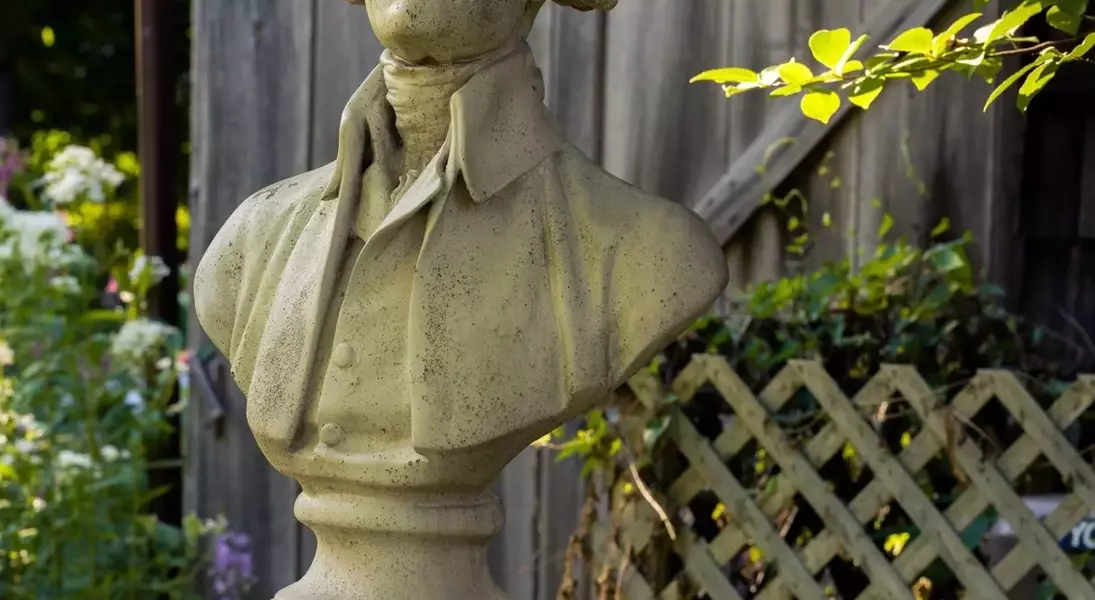
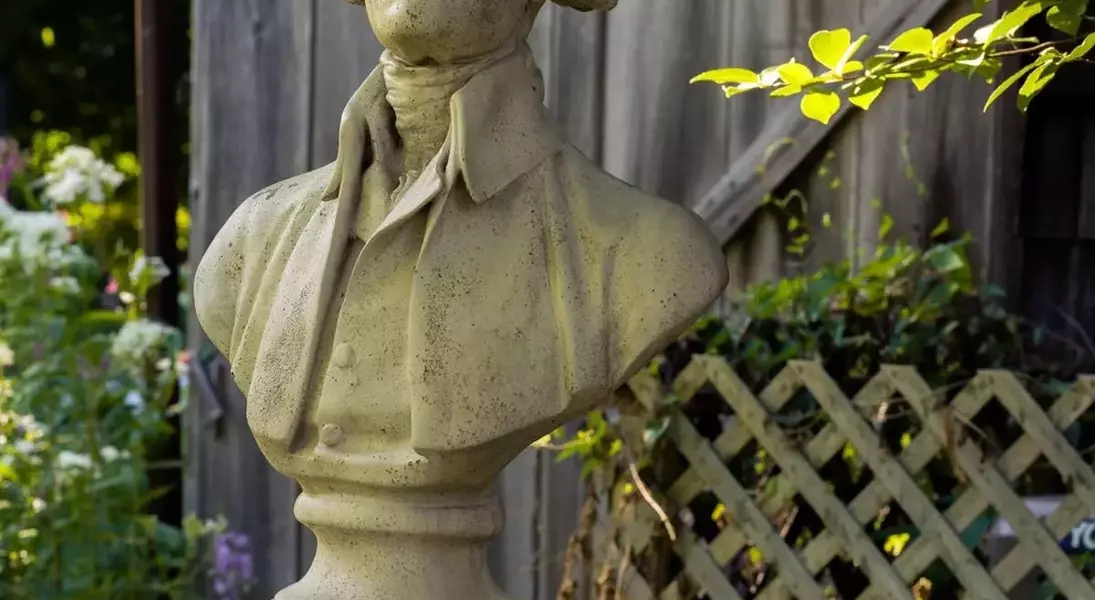


In an insightful interview conducted at her Vermont residence, Jamaica Kincaid, the acclaimed author, reflected on her distinct approach to both life and literature, particularly highlighted by her unconventional method of gardening. She humorously introduced a bust of Thomas Jefferson in her garden, treating it as a conduit for contemplating historical complexities, especially Jefferson's paradoxical nature as a proponent of liberty and an enslaver. Kincaid's fascination with horticulture extends to a plant named Jeffersonia diphylla, whose dual leaves she likens to Jefferson's contradictory persona, embodying her belief in confronting intertwined histories through dialogue and observation. Her forthcoming essay collection, \"Putting Myself Together,\" encapsulates this investigative spirit, showcasing her half-century commitment to exploring identity and systemic power through the lens of her own experiences.
Kincaid's narrative arc from a curious Antiguan child to a celebrated literary figure is a testament to her enduring spirit of inquiry. Born Elaine Potter Richardson, her early life was profoundly shaped by British colonialism and a mother who fostered her intellectual development through books. A pivotal moment occurred at age seven, when a punishment involving copying Milton's \"Paradise Lost\" led her to identify with Lucifer's rebellious spirit, a nascent act of interpretation foreshadowing her unique artistic vision. This period also cemented her understanding of the world's complexities, from the historical massacre in Dominica to the interconnectedness of global cultures, fostering a lifelong pursuit of knowledge through lived experience.
Kincaid's journey into writing was an act of self-invention, a conscious departure from societal expectations and familial influence. Moving to New York in her teens, she embraced anonymity and experimentation, changing her name to Jamaica Kincaid and honing her voice through diverse publications like The New Yorker. Her work, characterized by its fluid boundary between fiction and nonfiction, delves into themes of personal agency, colonial aftermath, and the intricate dynamics of human relationships. Despite her significant contributions to literature, Kincaid maintains an \"amateur\" stance, a vulnerability she views as essential to her creative process, allowing her to continuously rediscover and re-interpret her evolving self and the world around her.
Jamaica Kincaid's life and work beautifully illustrate the profound journey of self-discovery and the power of embracing one's authentic voice. Her unflinching exploration of historical and personal contradictions, combined with her innovative narrative style, serves as a beacon for aspiring writers and thinkers. By continually questioning, observing, and engaging with the world's complexities, Kincaid exemplifies how art can illuminate the human condition, encouraging us to seek deeper meaning and connection in our own lives.
